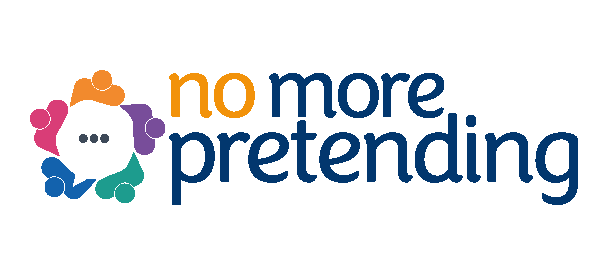I found that my desire to stop drinking was not adequate…
I was born in the early ’60s to economic immigrant parents. My father being illiterate, found business as the only medium to earn and raise his family. I grew up in a corner shop which I was able to manage from about the age of 12 while Dad and my elder brothers pursued other business activities. I distinctly remember a complacent attitude toward alcohol. My father drank quite heavily and frequently. He would drink mainly on the weekends when other men of similar backgrounds, mostly single or with spouses still in India would congregate at the shop to socialise. The ethic was predominantly ‘work hard drink hard’ and in my informative years, created an environment of friendliness.
In the late ’70s, my elder brother became alcohol dependant, and my father believing it to be a failing of his own fondness for a drink, decided to stop and became an initiated Sikh of the Guru. He passed away in April 2020 aged 98 sober and at peace. For him, drinking was a moral issue and was replaced by his strong faith. This did not have the same effect on my brother. He eventually succumbed to this illness at the age of 60 in 2010. I saw first-hand the destructive and painful consequences of alcoholism, pertinently in my marriage to a woman who also suffered from this disease whom I divorced in 2009.
Having been witness to the insidious and progressive nature of this illness, I never wanted to drink and definitely never envisaged alcoholism ravaging my own life. However, ever since my first proper drink at University, I can categorically say that I stood no chance of avoiding it.
Alcohol provided me with a magical ability to fit in where initially I experienced awkwardness; alcohol for me had a specific purpose. In contrast, others drank for the social aspect I soon realised that I drank purely for the effect.
Dishonesty has been the principal feature of my alcoholism. Dishonesty: not in the egregious form of lying and cheating, but of a more primal destructive form of self–dishonesty. From the outset, mine was essentially characterised by a delusion I created and nurtured within. The belief in this delusion, though gradual, progressed until it virtually controlled every aspect of my existence. Four decades of alcoholic drinking had brought me to a plateau where alcohol had become my crutch and solution to all life’s events. If I wasn’t drinking, then I was thinking about it. I had become a recluse imprisoned in my deluded mind. The manifestation of this illness was something akin to being in a parallel universe scenario, where the abnormal had become normal, the insane became sane. Outwardly I exuded confidence and control and self-sufficiency. I was a successful businessman with all the trappings that came with it. I had three brilliant kids which the Court had given me custody of after my divorce and had become a Grandfather, but inwardly I was broken. The life I portrayed was a complete and utter delusion which was of my own making aided and abetted by alcohol.
A severe relapse always followed periods of self-enforced sobriety. I found that my desire to stop drinking was not adequate; I could not do anything about my illness through my intellect, wherewithal, or determination. At 55, I was physically fit but mentally at rock-bottom. A stay at rehab for 28 days was crucial to my recovery; learning about my illness was essential. I needed to understand the problem before a solution could be found.
The solution was the fellowship of Alcoholics Anonymous, stopping drinking left a void which needed a substitute to fill it. For me, it was pivotal that I had to be honest, willing and humble finally. I have learnt that life changes can be implemented and adhered to contingent on an overriding belief in a God of my understanding.
Today, I practice daily the ‘Let go let God’ principle and life is good.
